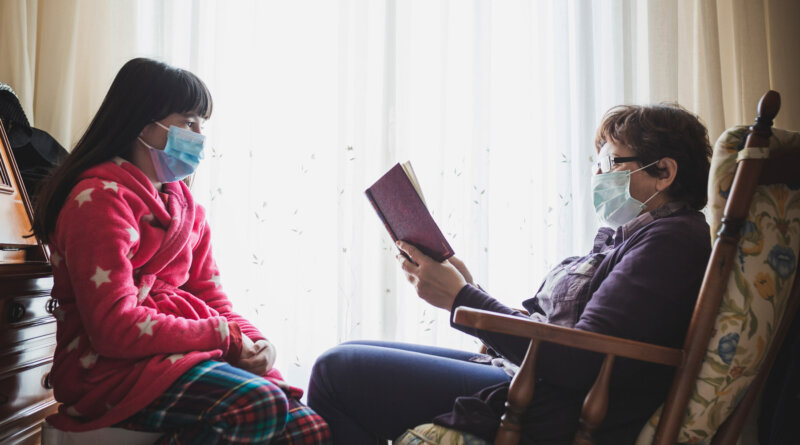Cancer and COVID-19: What’s the Outlook?
[ad_1]
May 28, 2020 — Cancer patients diagnosed with COVID-19 who are otherwise generally healthy can and do survive the coronavirus, according to a new study that evaluated 928 patients with both conditions. But there was much bleaker news for cancer patients with COVID-19 who also had other medical issues, such as high blood pressure and diabetes.
Overall, the death rate from COVID-19 for cancer patients over the study’s 3-week follow-up was 13%, says study lead author Jeremy Warner, MD, an associate professor of medicine and biomedical informatics at Vanderbilt University, Nashville.
That’s higher than the estimated 5.9% case-fatality rate for the U.S.
When Warner looked at a small group of 86 patients who had no other medical problems in addition to the cancer and the coronavirus and had been functioning normally despite the cancer, he found that all of them survived.
Those at higher risk of dying included:
- Older patients
- Men
- Smokers or former smokers
- Patients with two other conditions
- Those with active cancer
- Patients who had taken the drug combination of hydroxychloroquine and azithromycin
Warner says 270 patients received the drug combination. At the time the study began, in mid-March, ”those were the most used drugs in the treatment of patients with COVID,” he says.
“What we did find was a three-fold risk of death in the patients who got the combination,” Warner says, but the researcher can’t explain the finding with certainty. “Whether it means the drugs themselves are causing harm, or that the patients were sicker, or maybe a combination, we just don’t know.”
The drug combination, popular when the study began, has been discredited since. In a recent analysis of hydroxychloroquine with or without an antibiotic such as azithromycin that looked at data from 671 hospitals and six continents, researchers could not confirm a benefit and found an association with decreased survival in the hospital and an increased risk of abnormal heart rhythms.
“These drugs should not be given outside a clinical trial, and clinical trials are needed to determine whether they help or hurt,” Warner says. Out of the 270 in this study who received the drug combination, Warner says that only two received them as part of a clinical trial.
Study Details
Researchers collected information on COVID-19 patients with cancer from 104 institutions as part of a clinical trial. The median age was 66, and breast cancer was the most common type, affecting 21% of patients, followed by prostate, gastrointestinal, and thoracic, including lung cancers. And 39% were on active cancer treatment when diagnosed with COVID-19. Cancer type was not linked to mortality.
Warner’s team is continuing to study the effects of COVID-19 on cancer patients. The data base is now over 2,200 patients. The use of the antiviral drug remdesivir is up dramatically, he says. The FDA granted remdesivir emergency use authorization to treat COVID-19 on May 1.
The data suggests that in some instances, COVID-19 patients who are doing well on cancer treatments might be able to continue them, but that others might consider changing to palliative care, Warner says.
“Patients with progressing cancer or impaired performance are at a higher risk of a bad outcome,” he says. “It’s pretty clear they shouldn’t continue aggressive therapies for the cancer if diagnosed with COVID-19.”
Second Cancer Study
A separate study found that patients with thoracic cancers, including of the lung, who also have COVID-19 are less likely to survive the coronavirus if they are over 65, are on chemotherapy, on steroids of more than 10 milligrams daily, or on anti-blood clot medicines.
The data base includes 428 patients: 141 who died, 169 who recovered, and 118 with ongoing data.
The two studies help shed understanding on the impact of the virus on cancer patients, says Howard A. Burris III, MD, president of the American Society of Clinical Oncology, who reviewed both presentations.
“With the virus causing pneumonia and lung damage in the infected patients who became ill, it is not surprising that our cancer patients with lung and other thoracic cancers are more vulnerable,” he says. The adverse outcomes with the azithromycin and hydroxychloroquine are being reported by others as well, he says.
He would encourage COVID-19 patients with cancer to seek out clinical trials for COVID-19 treatments, with guidance from their cancer specialists, infectious disease specialists, and lung doctors.
[ad_2]
Source link




